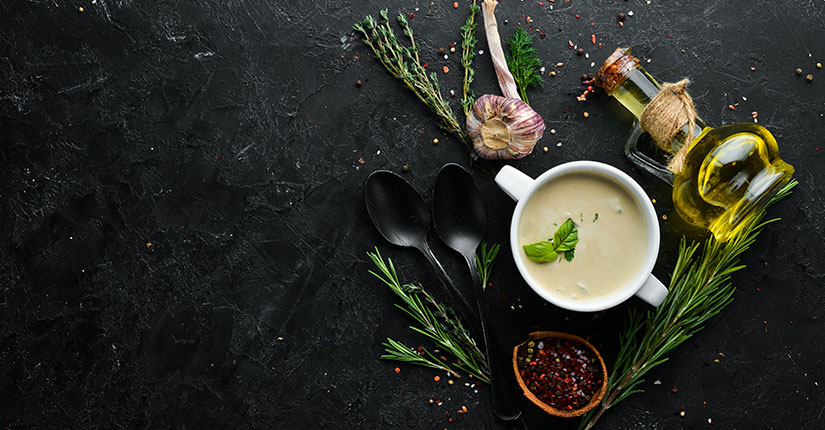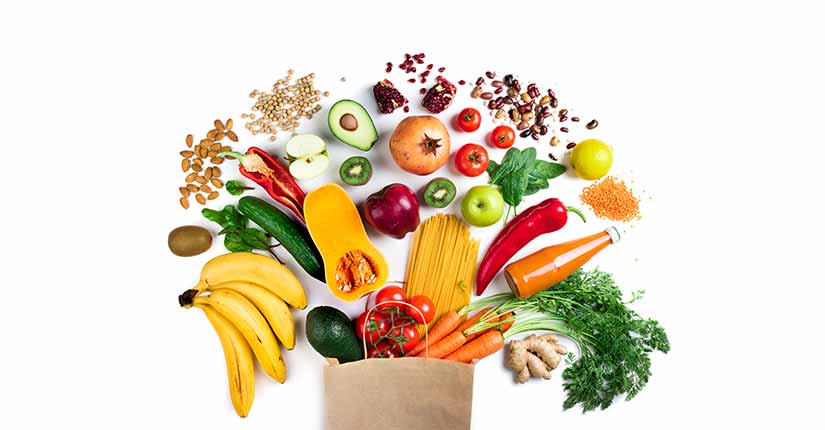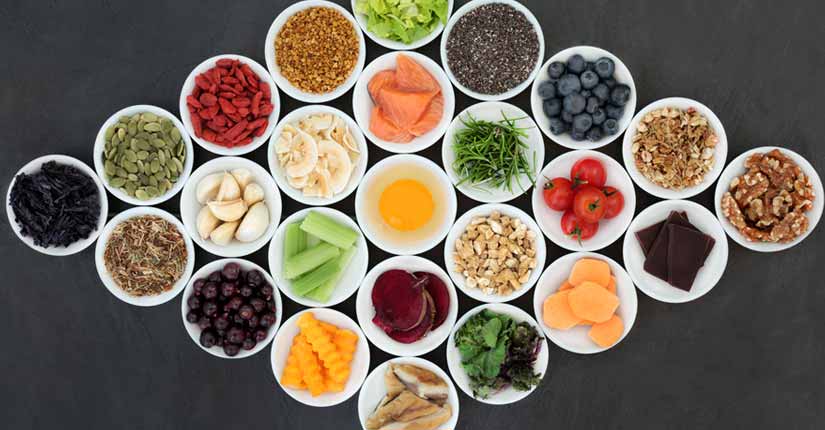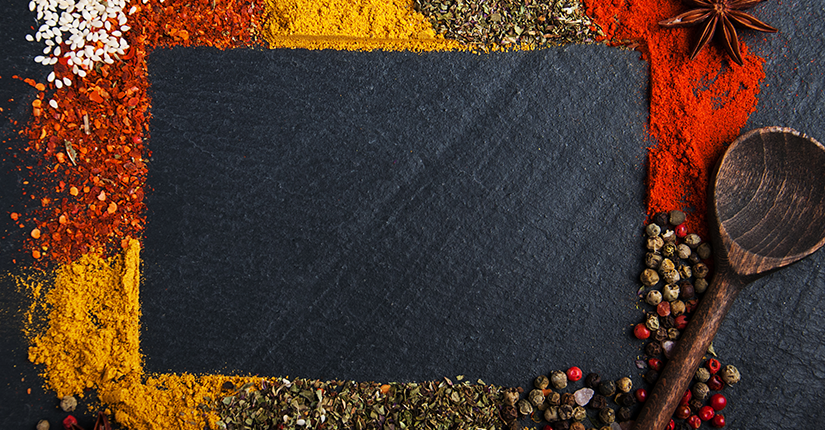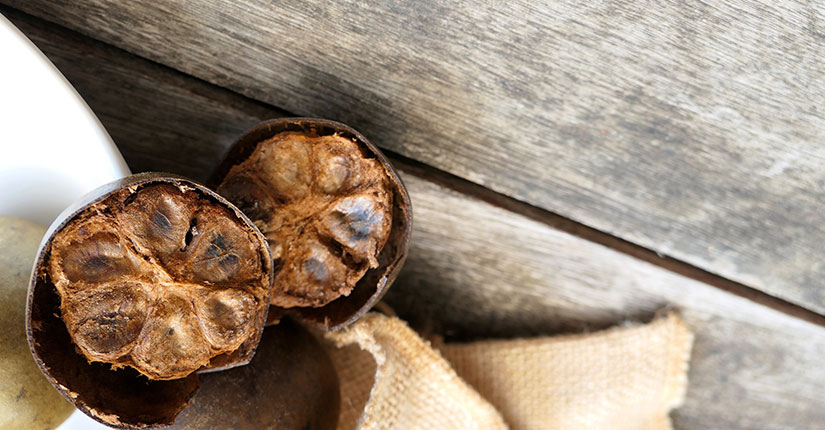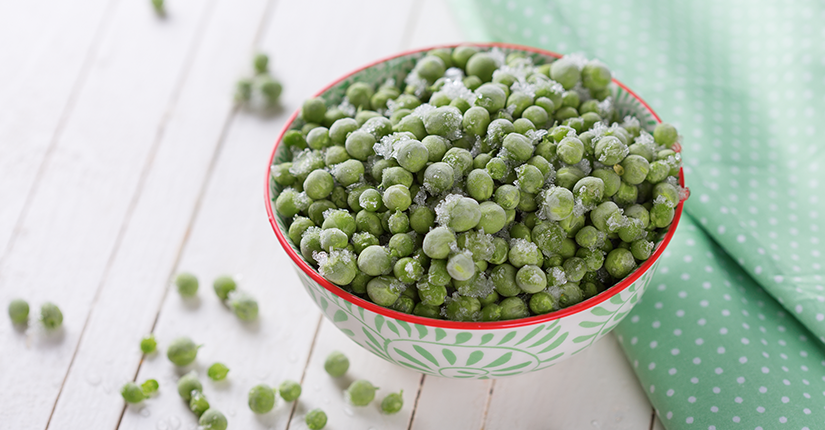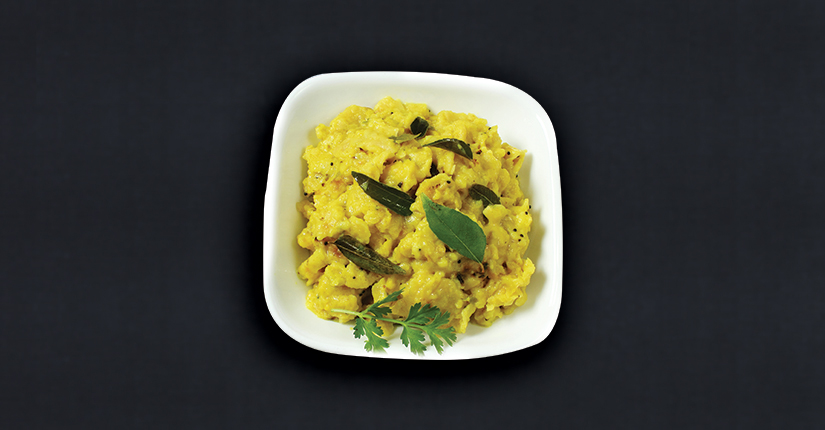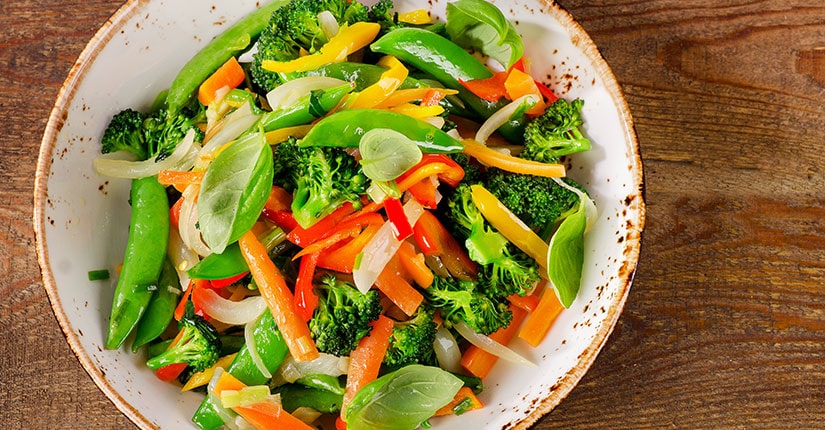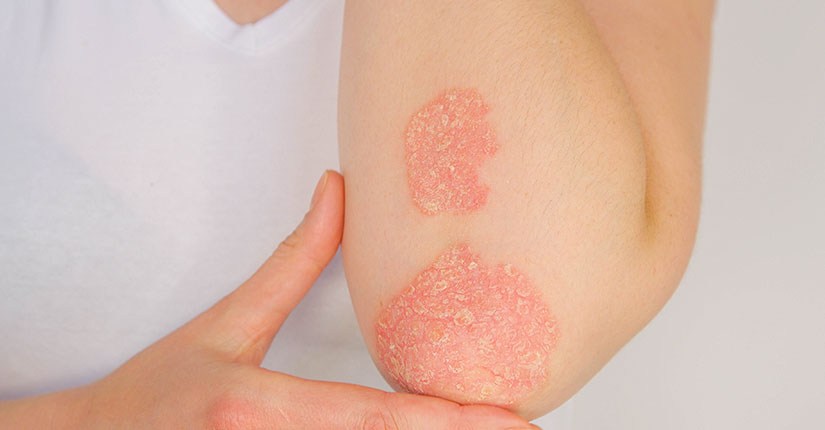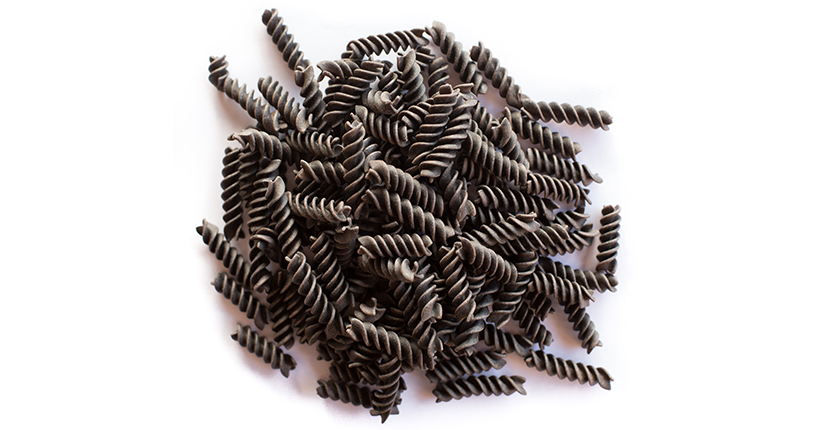The Lesser Known Millets- Kodo Millet & Proso Millet
By Nmami Life Editorial 14-Jun 2020 Reading Time: 5 Mins
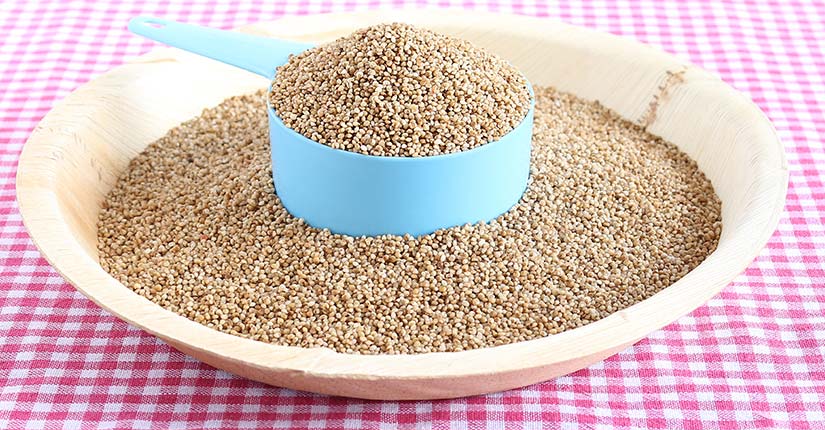
Millets are coarse grains that are widely cultivated as cereal crops or as fodder for animals and are grown in semi-dry areas. They are enriched with fibre and are the best source of complex carbohydrates with numerous health benefits.
Proso millet
Proso millet (Panicum miliaceum L.) is a highly nutritious cereal grain used for human consumption, bird seed, and is a warm season grass with a growing season of 60–100 days.
Health benefits of proso millet-
- Anti-aging agent:
Rich in antioxidants, which helps to remove free radicals from the body, proso millet helps you to delay the aging process.
- Good for the nervous system:
Porso millet also has a high quantity of lecithin and it affects the nervous system indirectly and keeps it functioning smoothly.
- Prevents pellagra and other Niacin dependent conditions:
The skin of the body becomes scaly and rough in Pallegra (a vitamin deficiency) and porso millet is rich in niacin and a wonderful solution to treat pellagra.
- Give strength to bones:
Porso millets have a high amount of absorbable calcium and as we know that it is very much essential for our growth and development and to strengthen our bones. It is very good for young children whose bones are in the growing stage and for older adults also as it helps in bone maintenance.
- Prevent cardiac disease:
The Porso millets lower the cholesterol levels and enhance the high-density lipoprotein level in the body, thereby reducing the C-reactive proteins concentration and regular consumption can help in cutting down the heart disease risks.
Kodo millet
Kodo millet (Paspalum scrobiculatum), is grown in primarily in India, but also in the parts of world like Philippines, Indonesia, Vietnam, Thailand, and in West Africa where it originates. Gluten free and rich in fiber, Kodo is also a popular fast or upvas food in some parts of India and the millet is certainly a good substitute to rice or wheat. Protein and mineral content are much higher than the major cereals like rice. It can be cooked similar to rice or ground into flour.
It provides balanced nutrition and some of the popular health benefits of Kodo Millet are listed below:
- Good for diabetics
Kodo millet intake is found to maintain fasting blood glucose level and promotes increase in serum insulin level. Anti-diabetic compounds found in Kodo are ferulic acid, p-hydroxybenzoic acid, quercetin, vanillic acid and syringic acid.
- Antioxidant and anti-microbial activity
Kodo millet is packed with polyphenols and antioxidants. The polyphenols possess antimicrobial action against certain bacterias (Staphylococcus aureus, and others).
- Maintains weight
Kodo is rich in fiber and prevents gain in weight. It also helps to prevent rise in cholesterol and triglyceride levels and is an ideal food to manage weight and promotes weight loss.
- Good for hypertension and for post menopause
Kodo is healthy for post-menopausal women suffering from signs of cardiovascular disease, high blood pressure.
- Helps in weight management
Kodo millet is low in fat content and high in fiber content and makes you feel fuller after consuming less quantity itself, therefore it avoids over eating and reduces weight, thereby controls obesity.
- Cholesterol reduction
Regular consumption of Kodo millet helps to lower the triglycerides and C-reactive protein, thus it lowers the bad cholesterol and is a good choice for your heart as it is heart healthy food too.
Over to you
Though millets have been grown and used traditionally since ancient times and so it is called ‘poor man’s food grain’ due to its easy availability and affordability but has not been found commonly in our generation. You can always try and reap its benefits!

